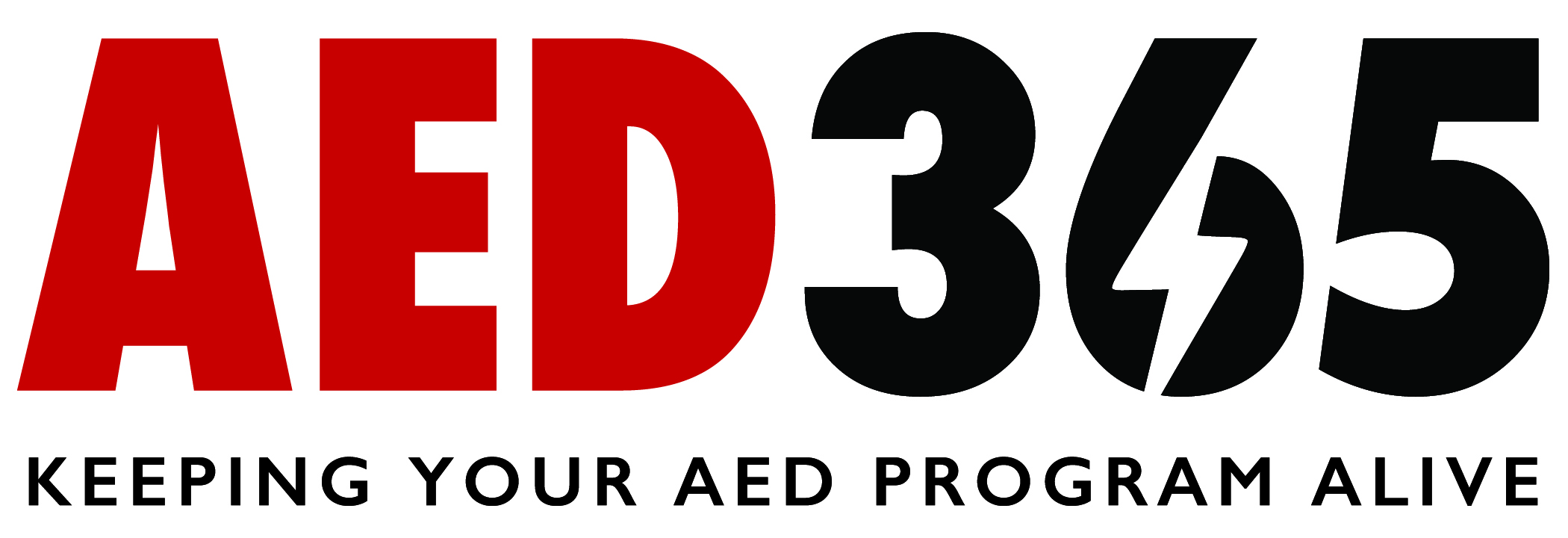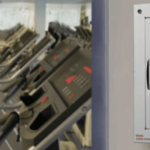
Author: Marcy Burnham, RN
In the field of lifesaving, the work is challenging, sometimes unpredictable, and often physically and emotionally demanding. Whether it’s lifeguarding, paramedic work, or volunteering in disaster response, the common thread that ties all lifesaving professionals together is a deep, unwavering commitment to saving lives. But what drives us to pursue a career or volunteer work where we’re constantly faced with high-pressure situations? Why do we do what we do?
- Making a Difference When It Matters Most
At its core, lifesaving is about being there when it counts. Whether you’re a lifeguard pulling someone from the water, a paramedic stabilizing a heart attack victim, or a search and rescue worker pulling someone from the wreckage, you are present in someone’s darkest, most vulnerable moment. The knowledge that we have the ability to save a life fuels our dedication. It’s not just about showing up, but about showing up with the skills and knowledge to make an impact. Every action can be the difference between life and death, and the power to make that difference is incredibly fulfilling.
- The Calling to Serve
For many of us in the lifesaving field, there’s a deep sense of calling—the idea that this work is not just a job, but a purpose. We are drawn to help others, to serve our communities, and to be there when someone needs us most. There’s something inherently selfless about dedicating your time, energy, and skills to saving lives, often at great personal sacrifice. It’s a calling rooted in empathy, compassion, and the desire to put others’ well-being above our own. This calling can come from different places—some of us may have experienced or witnessed lifesaving interventions in our own lives, while others may simply have a natural drive to be in service to others. Whatever the source, that inner pull keeps us committed, even through the toughest days.
- Facing Challenges Head-On
Lifesaving work isn’t easy. It requires split-second decisions, sharp instincts, and the ability to stay calm under immense pressure. But for many of us, these challenges are part of what makes the work so meaningful. We thrive in high-stakes situations, where our training and quick thinking come into play. There’s an adrenaline rush that comes with knowing you’re facing a critical moment, and the satisfaction that follows when you’ve successfully navigated that moment can’t be matched. The more we face these challenges, the more we sharpen our skills and grow as professionals. However, it’s not just about the rush or excitement. It’s about being prepared and confident in our abilities to tackle whatever comes our way. In the face of chaos, we are the calm. In the face of fear, we are the steady hand.
- The Reward of Saving Lives
The work we do in the lifesaving field is often intense, but it’s also incredibly rewarding. There is no greater reward than knowing you saved a life. The gratitude we receive from those we’ve helped, the knowledge that we’ve given someone more time with their loved ones, and the sense of pride we feel in doing meaningful work is what keeps us coming back, day after day. Even when a life cannot be saved, we know that we’ve done everything in our power to help. And that, in itself, is a powerful motivator.
- Being Part of a Lifesaving Community
One of the most underrated yet fulfilling aspects of lifesaving work is the sense of community. Lifesaving professionals are bound together by shared experiences—both the triumphs and the challenges. Whether you’re a lifeguard working at a beach, a paramedic responding to emergencies, or a firefighter rescuing people from harm, you become part of a larger, tightly-knit group of individuals who understand the unique pressures and rewards of the work.
We train together, support each other, and often build lifelong bonds based on the shared mission of saving lives. In this community, we lean on each other for strength and solidarity, especially during the most difficult times.
- The Drive to Be Prepared for Anything
One of the most crucial aspects of lifesaving is being prepared for anything. We train extensively—CPR, first aid, rescue techniques, emergency protocols—all so that when the moment comes, we can act without hesitation. This preparedness extends beyond technical skills. It’s about mental toughness, emotional resilience, and the ability to stay focused when everything around us is chaotic. For many of us, the drive to constantly improve and prepare is what fuels our dedication. We’re always learning, refining our skills, and staying on top of the latest advancements in lifesaving techniques and equipment. This dedication to training ensures that we can respond effectively when it matters most.
- The Unseen Impact
While much of the lifesaving work involves critical, high-visibility moments—like pulling someone from a burning building or administering CPR—there are also countless smaller moments that leave lasting impacts. It might be offering comfort to someone who is scared or injured, educating the public on water safety, or providing first aid at a community event. These small, unseen acts of service can have a profound impact on the people we help, even if they don’t make headlines. Lifesaving is about more than just saving lives in a dramatic sense—it’s about creating safer environments and offering care whenever and wherever it’s needed.
- Leaving a Legacy of Safety
Finally, one of the driving forces behind what we do in the lifesaving field is the desire to leave behind a legacy of safety. Every life we save, every safety measure we implement, and every person we train contributes to a safer world. We hope that through our work, we inspire others to take lifesaving seriously—whether that’s by learning CPR, paying attention to water safety, or being prepared for emergencies. Our work doesn’t just impact the present; it has ripple effects that extend into the future. By training others and raising awareness, we help ensure that more people are equipped to act when lives are on the line.
Lifesaving is more than a job—it’s a mission driven by compassion, purpose, and the deep-seated desire to make a difference in the world. We do what we do because every life matters, and every second counts. It’s about facing challenges, staying prepared, and never hesitating to act when others need us the most. In the lifesaving field, we’re united by one core belief: saving a life is the greatest achievement we can have. And for that reason, we’ll continue to train, respond, and put ourselves on the front lines—because we know the impact of our work is immeasurable.
Office: (205) 417-4711
Email: info@aed365.com






